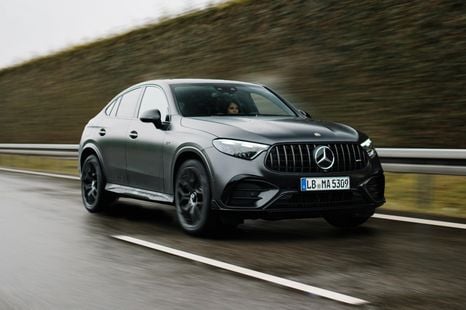

William Stopford
2027 Mercedes-AMG GLC53 revealed for buyers who want a hot six
20 Minutes Ago
Another State will pay a rebate to electric car buyers, but will also levy a controversial road user charge from 2027.

Senior Contributor
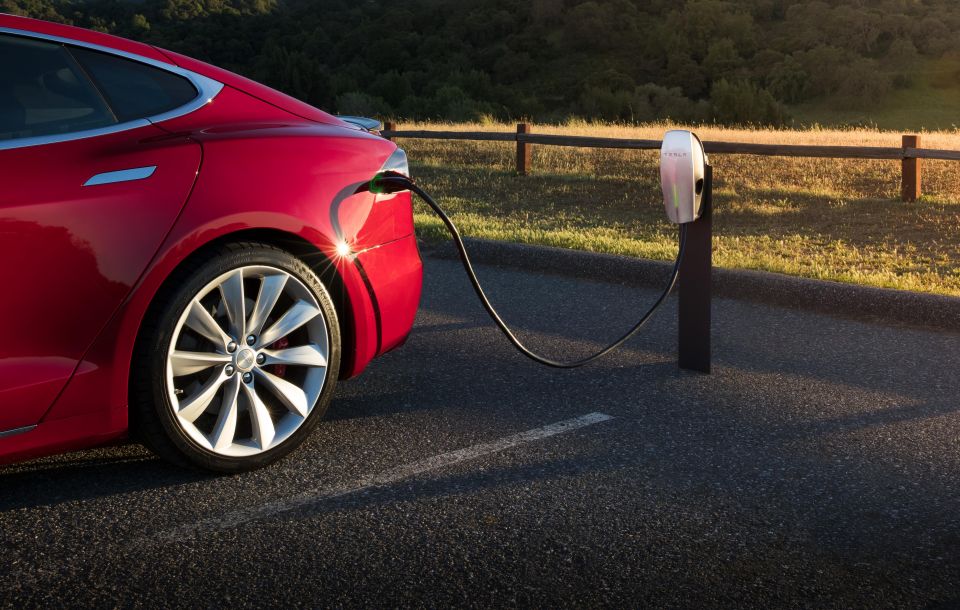

Senior Contributor
The South Australian government will, like those in New South Wales and Victoria, give electric car drivers rebates but then sting them for skirting fuel excises with a road user charge.
The electric vehicle (EV) incentive Bill has passed the State Legislative Council upper house, with expansions on the version tabled in late August.
Costed at $22.7 million, it will fund $3000 subsidies to the first 7000 full-electric vehicle buyers to claim. The original proposal allocated 6000 payments.
As with similar programs that have entered law in both New South Wales and Victoria, there’s a price cap to target the rebates.
The program also includes three years of free registration for new EVs purchased between now and June 30, 2025. Meaning the double whammy of no user charge and free rego before 2025.
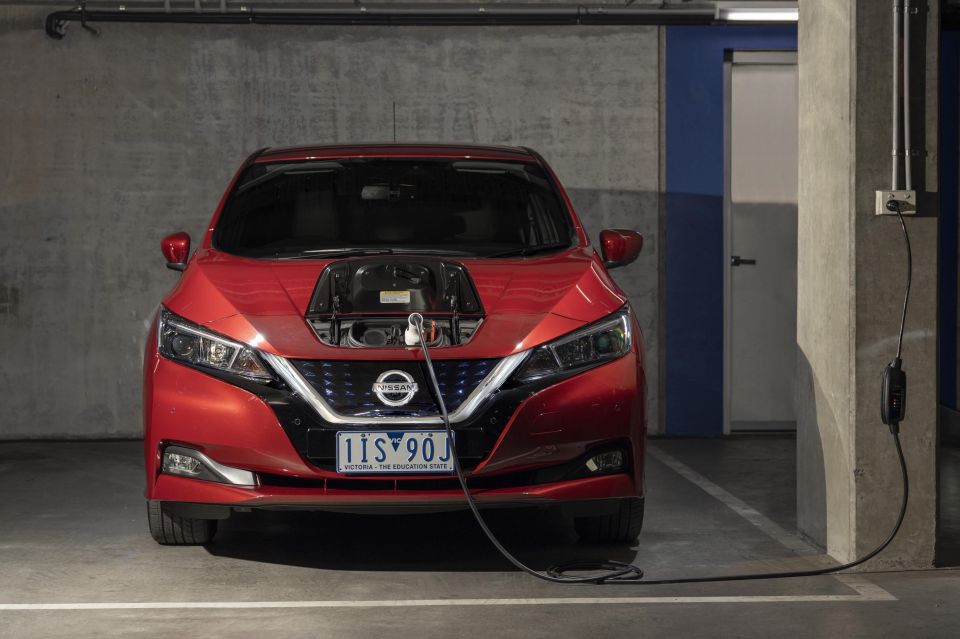
Only fully electric cars priced below $68,750 are to be eligible for both.
This is providing the lower house green-lights the amendments. It passed the original Bill.
It also formalises the delayed introduction of the massively controversial EV road user charge – which is locked in to start on July 1 2027, or when EV sales hit 30 per cent of sales.
The fee will be the same as what’s already imposed in Victoria, and which has likewise been deferred in New South Wales to 2027 – the same timeline also announced in Tasmania.
MORE: Victorian electric car tax facing High Court challenge MORE: Victoria’s ‘worst EV policy in the world’ slammed
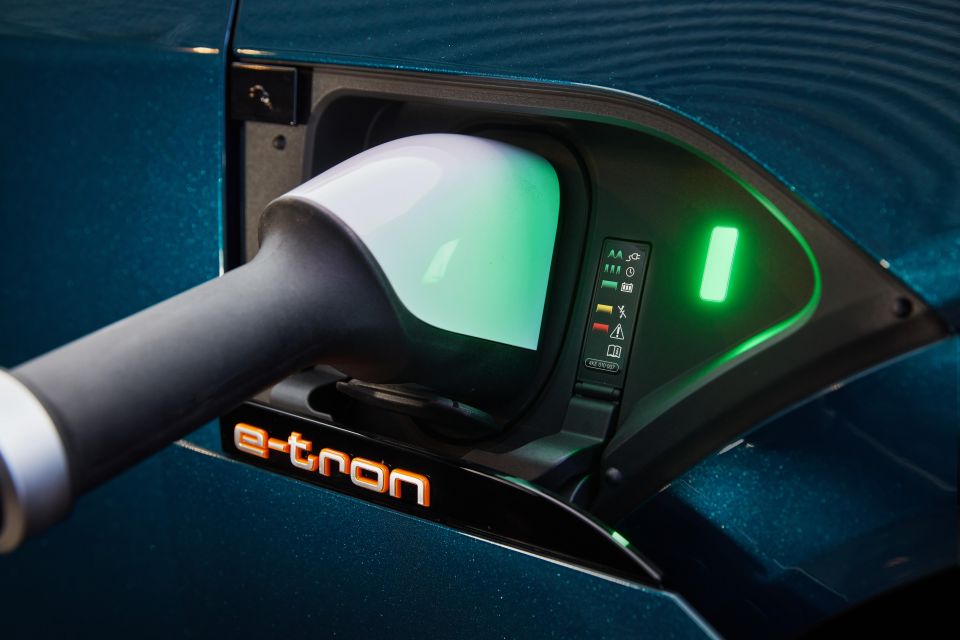
That is to say, 2.5c per kilometre for EVs and hydrogen FCEVs and 2c per kilometre for plug-in hybrid vehicles.
Notably, PHEV buyers will not benefit from rebates and tax breaks yet will have to pay a road user charge – self-reported and then audited.
The government also pledges to set up a select committee from the wider Legislative Council, tasked with looking at “longer term issues relating to the use of electric vehicles in the State”.
It says the committee will be set up around 12 months after the Act’s commencement and will include infrastructure, training and the disposal of batteries and other electric vehicle components in the terms of reference.
Treasurer Rob Lucas welcomed the successful package of the Bill through the Upper House as a “critical moment for the future of South Australia”.
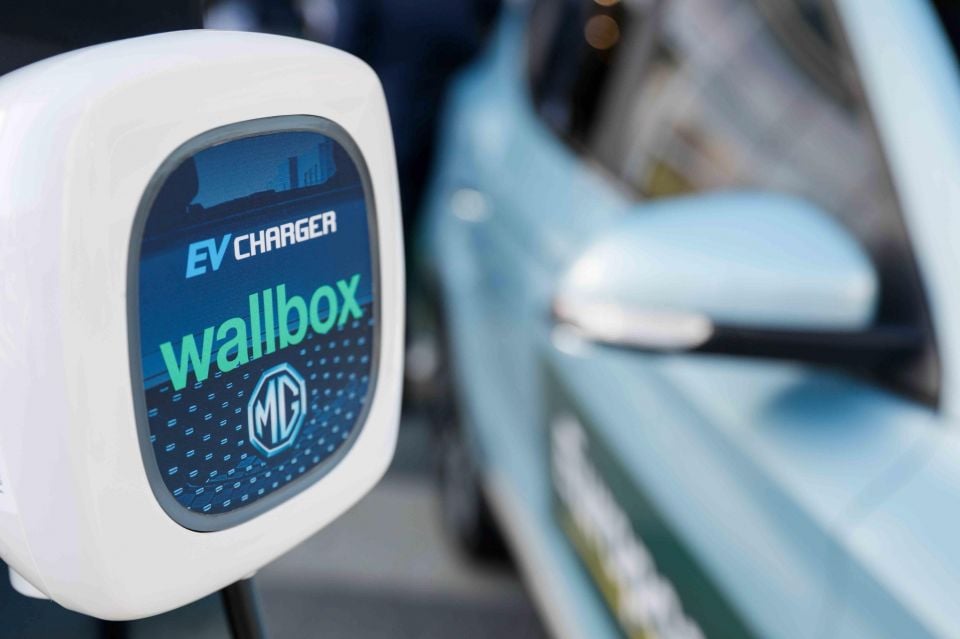
“The pace of change is overwhelming – where the future is zero emissions, the future is electric vehicles,” said Mr Lucas.
Speaking on the road user tax, Mr Lucas said “as the state transitions towards a higher concentration of zero and low emission vehicles, it’s vital to ensure all vehicle owners, regardless of what car they drive, contribute to the upkeep of our roads into the future”.
That South Australian ALP opposition fired back, saying in a Twitter statement that “just days before world leaders meet at COP 26, the Marshall Liberal Govt have passed legislation to introduce a massive new tax on electric vehicles”.
“While other countries are providing incentives to take up electric vehicles, the Liberals are taxing them,” it added.
It is worth pointing out that its counterpart Victorian ALP currently taxes EV drivers.
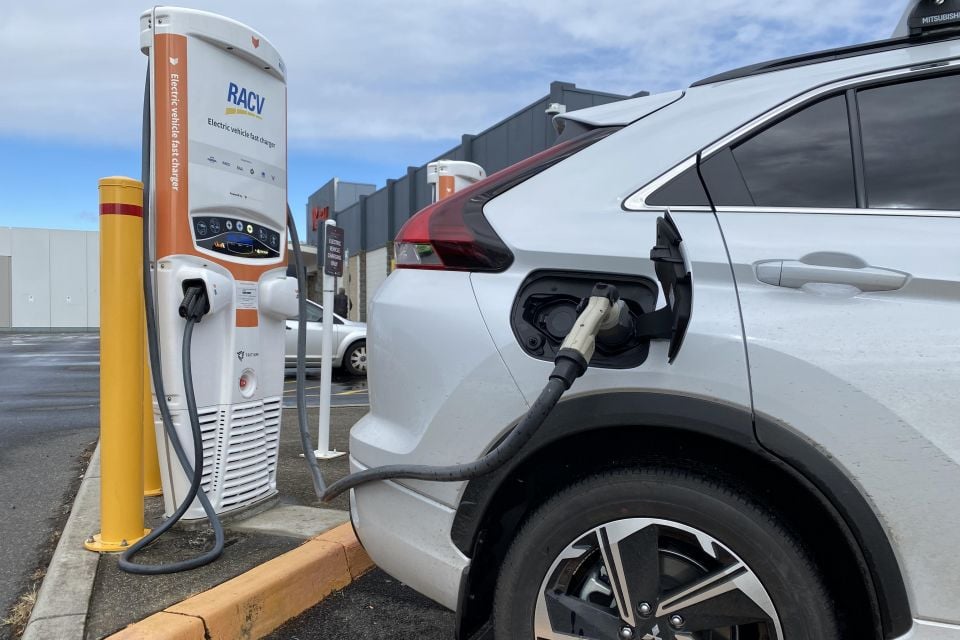
This inconsistency has prompted many to demand a federal government policy to grow the uptake of low-emission vehicles, in place of a patchwork of State-based policies.
The Federal Chamber of Automotive Industries, peak body for Australia’s car brands, actually supports a road user charge – but not one specific to EVs.
Rather it wants a broad-based and fleet-wide charge in place of today’s “inefficient and antiquated taxes and charges such as the luxury car tax and vehicle registration”.
We look forward to working alongside all States and territories to bring broad-based, fleet-wide road user charge schemes to reality,” said CEO Tony Weber.
Speaking on the Bill, Mr Weber said “the South Australian Government has recognised the shift in consumer preferences towards EVs and has introduced policies to fuel this growth”.
MORE: Volkswagen, EV Council demand national electric car policies now
NSW
Victoria
Queensland
Western Australia
Tasmania
Northern Territory
Australian Capital Territory
MORE: Australian electric vehicle launch calendar
Below you will find a list of useful information regarding everything you need to know about electric car policies.
MORE: Australia-wide EV policy needed to avoid ‘chaos’, says FCAI MORE: NSW electric-vehicle stimulus package MORE: Victoria commits to electric car subsidies, 2030 sales target MORE: Victoria’s ‘worst EV policy in the world’ slammed MORE: Northern Territory commits to electric car incentives MORE: Australian industry keeps calling for new government CO2 targets MORE: ACT moving public-servant fleet to EVs, will slash running costs MORE: How Australia’s federal opposition proposes to slash EV prices


William Stopford
20 Minutes Ago
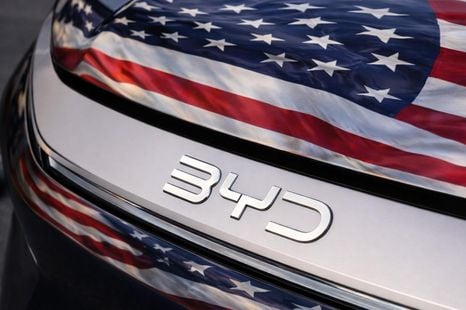

Damion Smy
3 Hours Ago
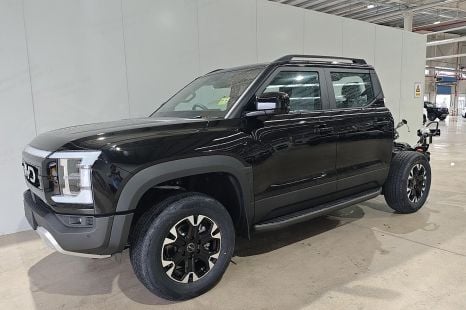

William Stopford
3 Hours Ago
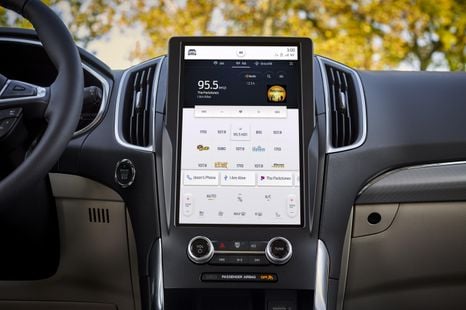

Damion Smy
4 Hours Ago
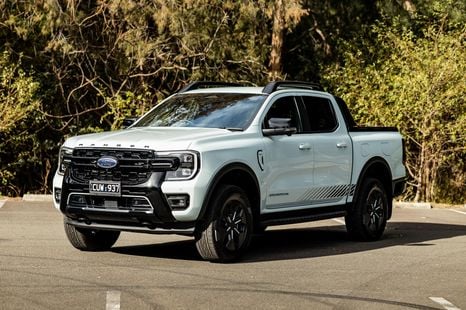

Damion Smy
5 Hours Ago
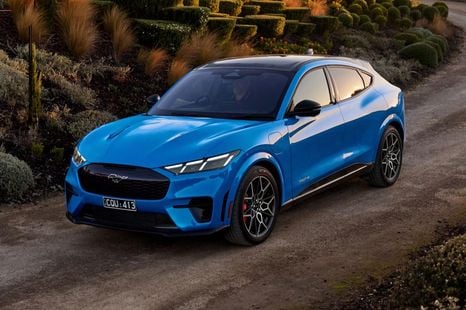

William Stopford
6 Hours Ago
Add CarExpert as a Preferred Source on Google so your search results prioritise writing by actual experts, not AI.